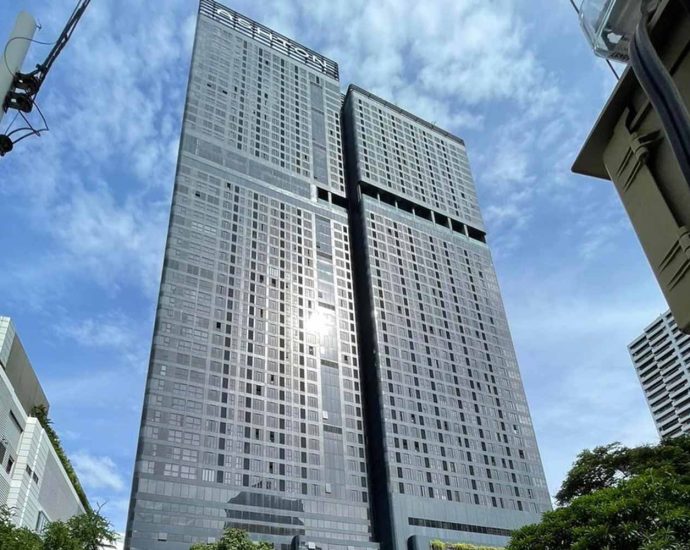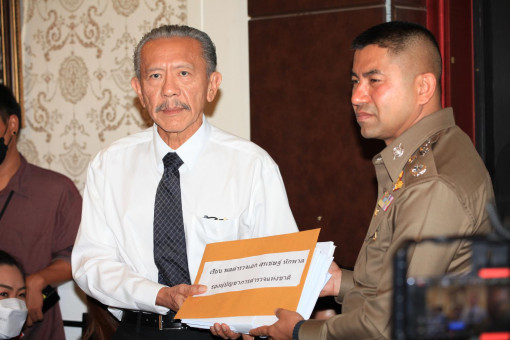Legal, civil action possible for convicted Move Forward MP ‘Ice Rayong’
PUBLISHED : 30 Jul 2023 at 13:36

The Election Commission (EC) may take criminal and civil action against a Move Forward Party MP for running in the May 14 election despite having been previously convicted and jailed for theft, according to its chairman.
EC chairman Ittiporn Boonpracong said the candidacy of Rayong MP Nakhonchai Khunnarong was actually barred by Section 98 of the constitution which set criteria for those running for parliament. The criteria include a court order for imprisonment.
If a candidate runs in a general election while knowing he is unqualified, he can be also considered as committing an offence in violation of Section 151 of the MP election law and held responsible for the election cost in accordance with Section 420 of the Civil and Commercial Code, Mr Ittiporn said.
He said that the EC was aware of the MP’s announcement that he would resign next week.
“There is the issue of a criminal offence under Section 151 of the organic law on MP election and there can also be a civil lawsuit to demand compensation for the organisation of a by-election,” Mr Ittiporn said.
Nakhonchai, aka Ice Rayong, announced his resignation on Thursday last week after admitting he had been convicted in a theft case and served 18 months in jail more than two decades ago.
The case dated back to October 1999, he said, when he was partying with a group of friends. He said he found a woman’s wristwatch but was arrested by police along with a friend who confessed to stealing it.
At the police station, he said he unknowingly signed a confession. He was sentenced to three years in jail, but the sentence was cut in half due to his confession.

















